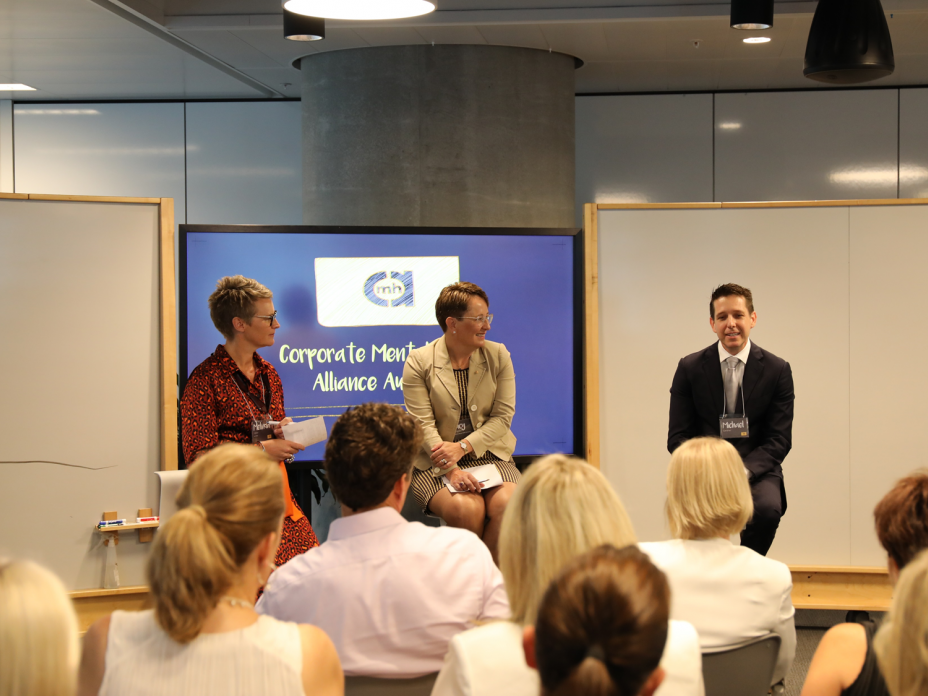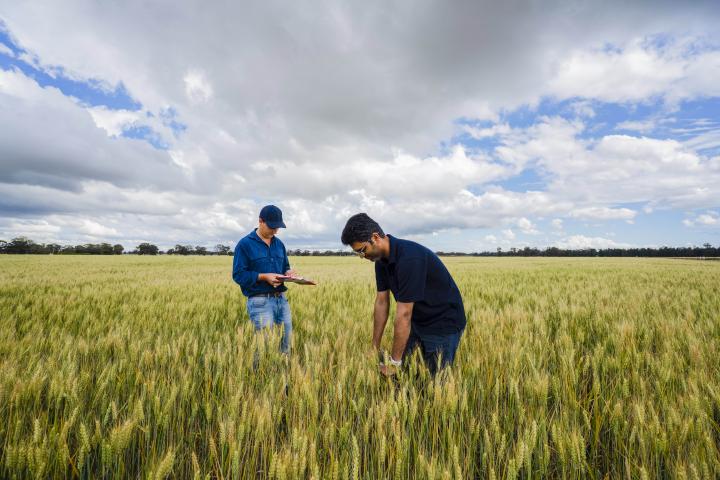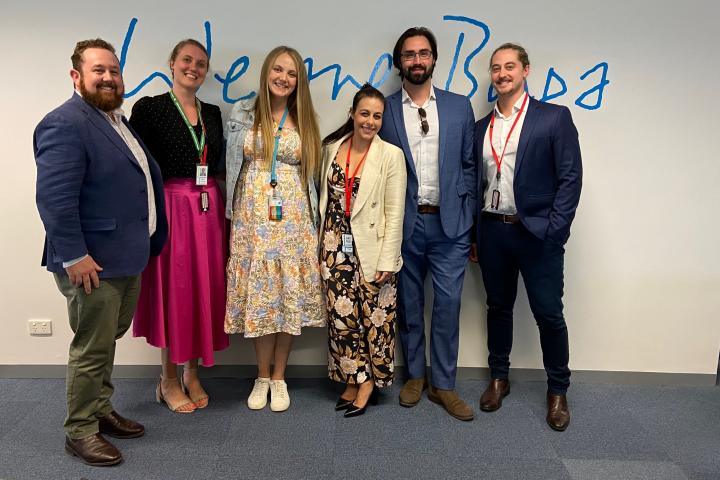Large employers: Corporate Mental Health Alliance Australia
Find out how Australian companies are sharing information, experiences and resources to improve mental health outcomes.
- All locations

- Through the Corporate Mental Health Alliance Australia, businesses pool resources, share openly and work collaboratively towards improving mental health outcomes.
- Early activities include sharing challenges and current approaches and identifying key focus areas.
- Everything the CMHAA learns is available on their website.
- It’s important to be clear about goals and objectives. And remember, it’s okay to fail.



